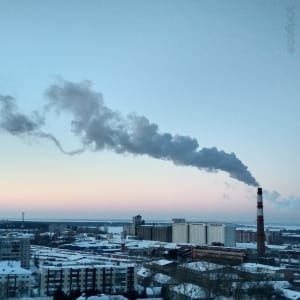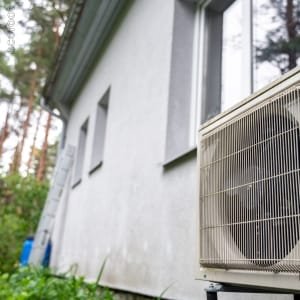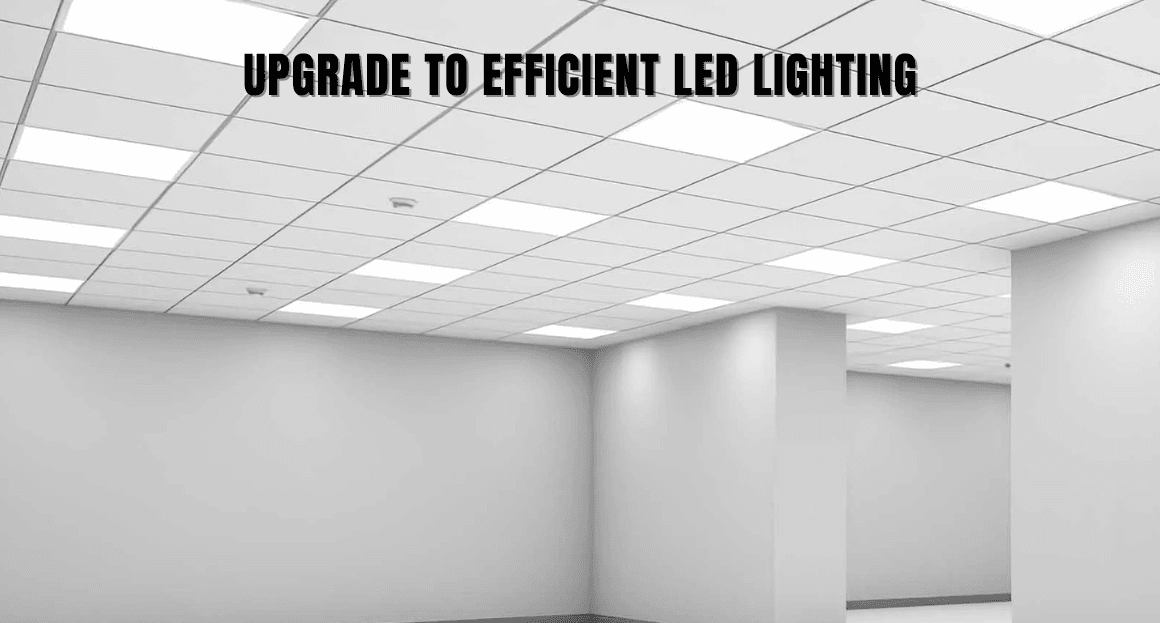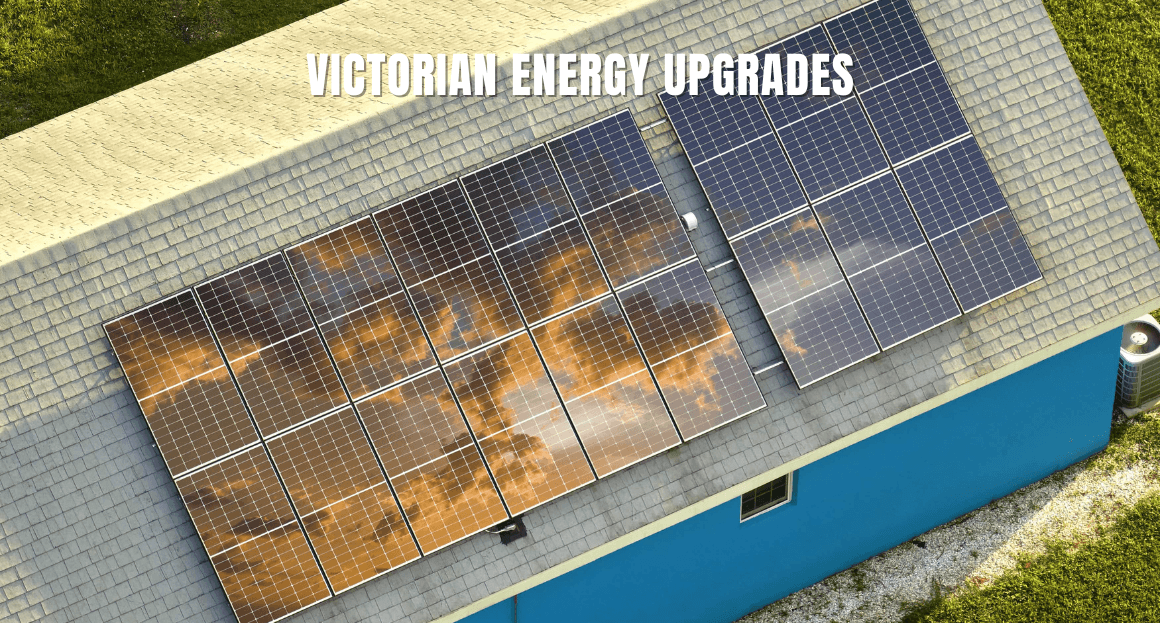
 Hot Water System
Hot Water System 
Is your gas hot water system putting you at risk?
The Hidden Dangers of Gas Hot Water Systems

1. Carbon Monoxide Poisoning
2. Fluctuating Gas Prices and High Running Costs
3. Environmental Impact and Emissions
Why Consider a Gas Hot Water Upgrade?
- Lower Energy Bills: Heat pump water heaters use ambient air to heat water, consuming up to 75% less energy than traditional gas heaters.
- Consistent Hot Water Supply: If you want a steady water system supply, then traditional gas systems can give you a hard time. These gas systems struggle with high water usage; modern hot water system upgrades ensure a steady supply.
- Government Incentives: Programs like the VEU program in Victoria provide rebates for installing heat pump hot water systems, reducing installation costs significantly.
Heat Pump Water Heaters: The Right Alternative

How Do Heat Pump Water Heaters Work?
Benefits Over Gas Hot Water Systems:
- No Carbon Monoxide Risk: Since these systems don’t burn fuel, there’s no danger of carbon monoxide poisoning.
- Lower Operating Costs: While the installation costs may be higher initially, the long-term savings on energy bills make it a worthwhile investment.
- Environment friendly: They reduce greenhouse gas emissions, making them a sustainable choice for homeowners looking to transition to cleaner water heating systems.
Why Does a Heat Pump Outshine a Gas Hot Water Upgrade?
| Criteria | Gas Hot Water System | Heat Pump Hot Water System |
| Materials Used | Older, heavier materials that can wear out faster. | Built with modern, lightweight, and durable materials. |
| Components & Design | Complex venting and combustion parts lead to potential breakdowns. | Simpler design with fewer parts and no need for venting. |
| Maintenance | Requires regular servicing and has a higher risk of leaks. | Low maintenance with fewer chances of issues. |
| Energy Efficiency | Less efficiency resulting in higher ongoing fuel and operational costs. | Highly efficient, reducing energy use and lowering your bills. |
| Environmental Impact | Uses fossil fuels, resulting in more emissions and pollution. | Uses renewable energy, reducing your carbon footprint. |
| Safety | Higher risk of gas leaks and combustion hazards. | Safer operation with minimal risks, ensuring peace of mind. |
Steps to Gas Hot Water Upgrade
- Assess Your Current System: Determine if your existing system is outdated or inefficient.
- Check Eligibility for Rebates: Explore incentives such as the hot water rebate VIC and the VEU program.
- Consult a Professional: Get a licensed plumber to evaluate your home’s suitability for a heat pump water heater.
- Select the Right System: Compare different models to find the best energy-efficient hot water solution for your needs.
- Installation: Once approved, the upgrade process is quick and easy.
The Future of Water Heating in Australia
FAQ
Other Related Blog
 Lighting
Lighting ROI: not just “money back”, but money you stop losing Most articles talk about ROI as a number on a spreadsheet. A payback period. A percentage. But for bus

 Air Cons
Air Cons Older gas heaters and air conditioners often consume more energy than necessary, which is why upgrading to modern, energy-efficient systems can make a noticeabl

 Solar
Solar Earlier solar incentives in Victoria were largely designed around residential systems. They worked well for households but didn’t scale properly for businesse

 Lighting
Lighting Two forces drive the shift: Modern LED technology provides exceptional brightness, durability, and energy efficiency compared to outdated fluorescent or halogen

 Lighting
Lighting Commercial lighting has transformed more in the past few years than in the previous two decades combined. The Victorian Government LED light replacement scheme

 VEU Updates
VEU Updates Victorian Energy Upgrades 2026: What to Do Before You Apply for Any Rebates If you’re planning to upgrade your heating, cooling, hot water, lighting, insulat



